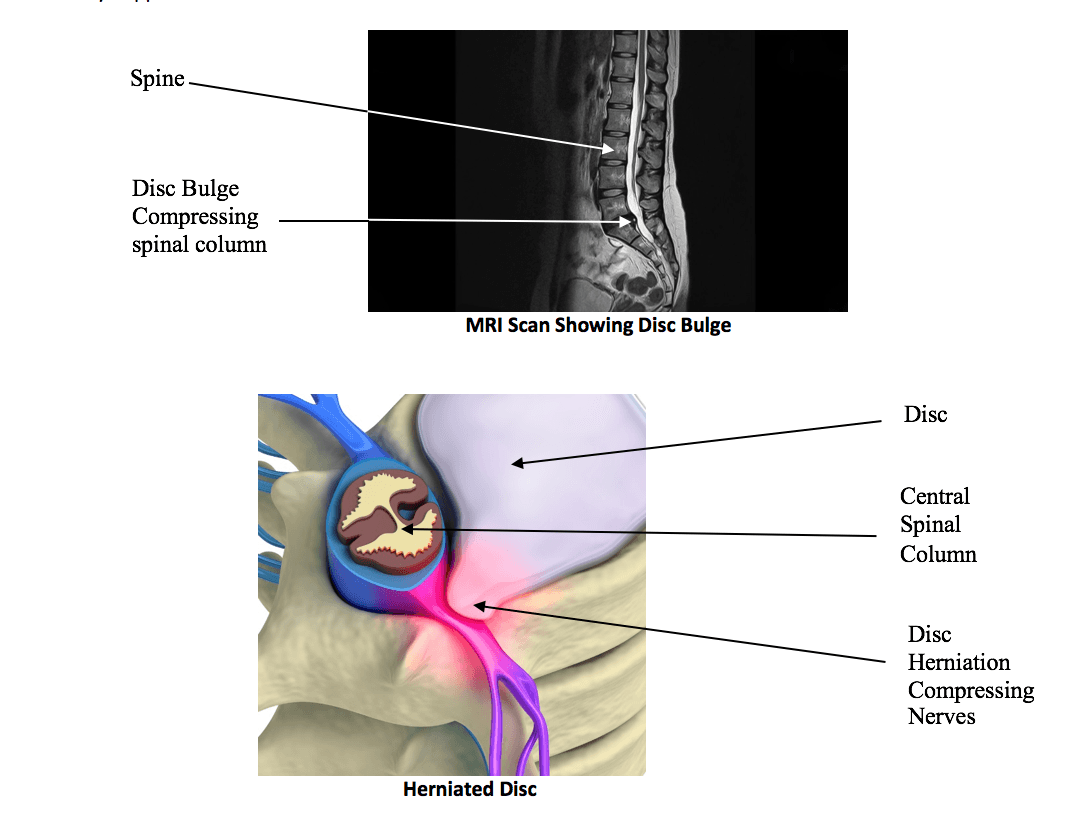Great event management can help your health and here's how
At Nicky Snazell Clinic Stafford, we find ourselves treating events staff, exhibitors and conference managers for stress-related issues such as back pain, neck pain, and general niggles, most of which are the result of stress caused by their jobs.
If you are involved with running an event or exhibition, it can be a high-stress situation, one which despite your best efforts is controlled by others. - That is where well-executed event management can help.
So, what should you do?
Firstly, you should carefully select your exhibition partner, someone like Exhibition Designer, custom exhibitions & live events specialists. They take your brief and run it, taking the hassle out of your event management. Event companies like this look after the managed delivery, reducing the stress involved with stand creation. This type of company also understands the best ways to provide breakout areas where event staff and visitors can sit and discuss business in comfortable surroundings.

Secondly, follow Nicky's advice allow yourself to relax emotionally, draw on your spiritual self through the mind and body meditation- It will relieve your anxiousness and negative energy. This kind of self-awareness will make a difference to your output at the event and your health and wellbeing.
Stress and negative energy are dangerous because they affect our bodies physically, upset digestion, which restricts nutrient absorption making us tired, and lethargic and can cause mood swings - all this volatility is not good for our performance.
Headaches, neck stiffness, backache, lots of common issues can be stopped sooner with knowledge and advice. We try to provide this at Nicky Snazell's Pain Relief Clinic because it modifies the causal behaviours that keep a niggle from going away. The mindset of event staff is paramount to stopping this impending stress developing into ongoing issues.
Summary
Think about what you are doing, give yourself time, work with a right exhibition company, remember your mental wellbeing and make time to relax. Stay well hydrated and smile.
We hope that you enjoyed this article and we look forward to hearing how it helped you. Thank you and bye for now.
Spinal Disk Bulge Physiotherapy For A Spinal Disc Rupture
Can a disc slip? The simple answer is no. It’s a layman’s term that is unfortunately very misleading to the general public.“My disc has slipped out, can you put it back in” is not an uncommon conversation opener on the telephone. Of course, it’s quite difficult then to get the caller to understand that this can’t actually happen, which is why Spinal Disk Bulge Physiotherapy is key to recovery.

Let’s look at the spine’s anatomy and in particular the role of the disc.
The spine is made up of 7 cervical (neck) bones called vertebrae, 12 thoracics (middle) vertebrae and 5 lumbar (lower) vertebrae. The top 2 vertebrae in the neck are a little bit different, so putting those to one side, between each pair of the remaining vertebrae there is a disc, the purpose of which is to provide shock absorption and allow movement. The disc itself is attached strongly to the vertebrae and cannot slip out.
A disc is made up of a tough fibrous structure on the outside, layered in exactly the same way we make cross-ply tyres. On the inside, there is a soft, crab paste-like moist material. As we age this tends to dry out. There are also endplates in contact with the vertebrae. The spinal disc is 70% to 90% water, so making sure you are well hydrated is very important to disc health.
There are two major types of damage to these discs. The first is when the disc is overloaded sufficiently to cause a protrusion, or bulge in the outer wall, as in the diagram above. This is similar to what you see on the side of a car tyre when it has hit a curb. Sometimes this is referred to as a slipped disc. It’s not possible to just push the bulge back in, but specific exercises can help to relocate this and over time the disc may heal itself.
The second and more serious damage is when the overload has been sufficient to rupture the outer fibrous structure and force the inner material to squeeze out. This is called a herniated or ruptured disc.
What Are The Implications Of A Disc Bulge Or Herniated Disc?
A disc bulge will cause pain if it is central and compresses the central spinal column, or if it bulges to one side into the exiting nerves. In either case, if the compression is significant enough, it will cause pain and/or numbness and weakness and possibly loss of control in the limbs.
If the disc bulge is central it could cause problems down both sides of the body. If the bulge is on one side, it will only cause problems on that side.
If the disc has been ruptured or herniated, the same problems with compression of the central spinal column and exiting nerves can occur. In addition, if chemicals from the inside of the disc come into contact with the nerves, it can cause severe pain even without any compression of the nerves. In such cases, a course of anti-inflammatories will most likely be prescribed.
Can Spinal Disk Bulge Physiotherapy Treat A Disc Bulge or Herniated Disc?
In many cases, a bulging disc and a herniated disc will over time heal themselves. The time required may depend on the severity of the problem and may take from weeks to months to resolve. Physiotherapy treatment can help reduce the pain much more quickly. The key is to get an accurate diagnosis through a physiotherapy assessment, possibly needing an X-ray or MRI. Treatment can include specific exercises to help reduce the disk bulge, Gunn IMS dry needling, electroacupuncture, laser, shockwave, core stability rehab and postural rehab. In severe cases, surgery may be needed.
If you have suffered a recent back injury or had a long-term problem then it’s advisable to get your condition assessed and treated. We have extensive skills in treating spinal pain and clients travel from all over the UK and abroad to seek our help.
Call 01889 881488 now.
The 4 keys to health
The 4 keys to health is all about investing in the healthiest happiest future you could wish for with sound scientific knowledge and big spoonfuls of commonsense and experience.Tonights blog is for nutrition week. The traffic lights approach to healthfor the 4 keys to health gives one point for every yes answer.
0 – 3: RED.
3 – 6: AMBER.
6 – 9: GREEN.
Scores: Now count up your scores – are you red, amber, or green for this key?
Initial score:
Once you’ve read the chapter and implemented any changes, take the
questionnaire again to see how much you’ve improved.This questionnaire is in 4 parts.
Diet and Blood Sugar Levels
• Is your weight good for your age and height?
• Do you have lots of energy and do you like to exercise?
• Are you free from joint pain?
• Do you rarely feel like dozing in the day and feel alert after eating?
• Do you hardly ever get stomach ache or bloating?
• Do you concentrate easily with a clear memory and few
headaches?
• Do you hardly ever need sweet food or caffeine fixes?
• Do you jump out of bed, raring to go?
• Do you rarely feel dizzy / irritable / have mood swings in
gaps between meals?
Water
• Do you rarely have thirst / dry mouth?
• Do you rarely get headaches?
• Is your urine a mild (not dark) yellow colour?
• Are your skin and lips moist, not dry?
• Do you have regular bowel movements most days?
• Do you have less than two glasses of alcohol a day?
• Do you have five helpings of fresh fruit and vegetables a day?
• Do you have several glasses of fruit water / juice / herbal
teas a day, even if resting?
• Do you avoid having too many salty snacks?
Healthy Low Homocysteine Levels (repairing DNA
and building nerves / cartilage)
• Is your weight satisfactory and stable?
• Are you a clear thinker with a good memory and rare
headaches?
• Do you eat healthily with green veggies, seeds, and nuts,
but aren’t vegan?
• You are not an alcoholic, smoker, or heavy coffee drinker?
• Do you have little joint pain?
• Do you have great stamina without weariness?
• Is your cardiovascular system and blood pressure normal?
• Do you sleep well?
• Are you rarely angry, irritable, or down?
Essential Fats
• Do you have healthy hair?
• Do you have flexible, pain-free joints?
• You are not taking painkillers?
• No arthritis, asthma, or eczema?
• No diagnosed cardiovascular problems?
• Do you spend more than thirty minutes a day outside in
sunlight?
• Do you eat healthily with oily fish, about four eggs a week,
seeds and nuts most days, and fewer than two alcoholic
drinks a day?
• Do you have a good memory, learning abilities, and
concentration?
• You don’t get down, anxious or unnecessarily angry?
Anti-Ageing, Anti-rot, Antioxidants
• Are you a quick healer?
• Are you younger than middle aged (40)?
• Do you have healthy skin?
• No diagnosis of cancer or cardiovascular disease?
• Don’t bruise easily?
• Do you live in quiet, clear air, healthy countryside, not
near major roads?
• Do you eat healthily with five lots of fruit and veg a day,
raw seeds / nuts, and at least two oily fish a week?
• Do you take antioxidant supplements?
• Do you exercise and raise your heart rate five times a
week?If you got a red key read my blogs or get a copy of my book,through www.thepainkiller.co.uk,www.painreliefclinic.co.uk, or amazon.
